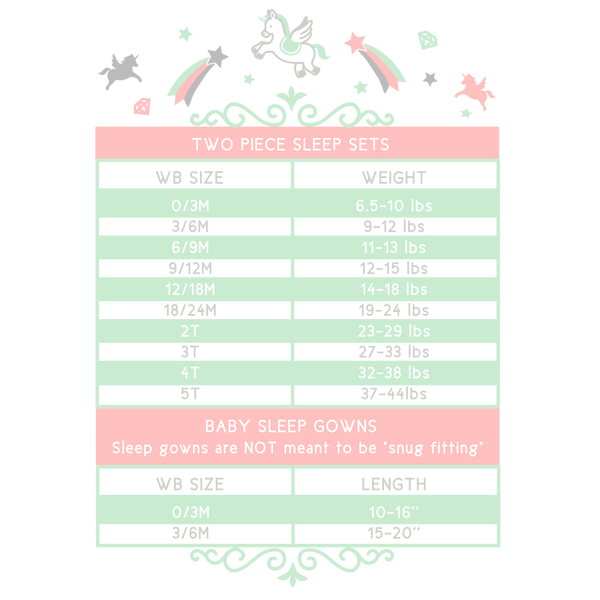It Doesn't Grow In Mommy's Purse: Teaching Toddlers About Money
Hey There,
Today's topic: Money, Money, Money, Moneyyyyyyyy!
As kids, most of us relied on our parents to provide the green so we could get what we needed (or in many cases, what we wanted). Of course, as we got older and moved into our teenage and early-adult years, many of us heard "money doesn't grow on trees" and we were required to get jobs to support our shopping habits (at an actual brick-and-mortar mall), save for the future, and learn the value of the dollar. But now, we're the ones with the green and karma is a bi-otch.
When Can Kids Start Understanding Money?
Beth Kobliner, personal finance expert and author of Make Your Kid a Money Genius (Even If You’re Not), accurately states:
As parents, we’re game to tackle almost any topic with our kids. Sex? No problem. Drugs and drinking? Check. But money? That’s another story.

In these crucial toddler years (ages 2-5), the "executive function", or the mental process that allows us to plan for the future, focus our attention, remember information and juggle multiple tasks, starts to form. These skills and attitudes lay the foundation for well-being, including financial well-being, down the road. Research shows that preschoolers can understand basic money concepts like spending and saving.
According The Telegraph, citing a Cambridge University study, most children's financial habits are formed by age seven. The study suggested that most young children had grasped all the main aspects of how money works and have formed "core behaviours which they will take into adulthood and which will affect financial decisions they make during the rest of their lives".
David Whitebread of Cambridge University, and co-author of the study, said: "The 'habits of mind' which influence the ways children approach complex problems and decisions, including financial ones, are largely determined in the first few years of life."
Whoa.
Fostering Financial Literacy in Young Children
According to Mr. Whitebread, "Simply imparting information is now recognised as being ineffective in this area (teaching children about money)...By contrast, early experiences provided by parents, caregivers and teachers which support children in learning how to plan ahead, in being reflective in their thinking and in being able to regulate their emotions, can make a huge difference in promoting beneficial financial behaviour.”
As a member of President Obama's Advisory Council on Financial Capability, Ms. Kobliner helped to develop Money As You Grow, a resource dedicated to helping parents and caregivers teach children of all ages about financial literacy.
MAYG recommends games/pretend play, every-day planning & decision-making activities, and reading in order to help toddlers develop executive function and basic money skills.

Games & Pretend Play
"A 2- or 3-year-old faced with a choice between a penny, dime, and nickel will almost always choose the nickel because of its size," says Dorothy Singer, Ed.D., a senior research scientist at Yale University in New Haven, CT. But while very young children won't fully understand the value of money, they can begin to learn the names of coins. One way to do this is to play the coin identification game. You and your child can trace around the outside of various coins and color in the shapes. Then invite your child to match the coin to the image while discussing each one's name.
The MAYG website also provides a few downloadable resources and activities to play with your child, including a money sort with instructions.
According to Jayne A. Pearl, an Amherst, MA-based author of Kids and Money: Giving Them the Savvy to Succeed Financially, "young kids love to play store, but an imaginary shop in the living room is more than just a fun way for your child to exercise his imagination. By exchanging play money for goods, your child begins to understand the basics of commerce." Use cereal boxes, fruit, sponges, or paper towels as store items.
Everyday Planning and Decision Making
"It's actually easy to teach kids about money," says Dr. Pearl, "Turn your day-to-day activities into learning experiences." Before heading to the supermarket, ask your preschooler to help you clip coupons. When you're at the store, hand her the coupons and ask her to keep an eye out for the products, which will make her feel like she's helping.
According to Beth Kobliner,
At this age, a great game to try is “Want or Need?” Entertain your kid while she’s sitting in the grocery cart by quizzing her on different items (“Cookies: Want or need?” “Milk: Want or need?”). Needs get tossed in the cart. Wants stay on the shelf.
And get your kid into comparing prices. Give her $1 and ask her what she’d like to buy. At the supermarket, would she choose two bananas or one peach? At the toy store, would she pick three stickers or one special pencil?
It's amazing what toddler minds are capable or learning. We, as caregivers, play the most vital role in our kids' financial literacy and what they learn from us in early childhood is indicative of their financial futures. If we've learned one thing, it's that it's never too early to start teaching good money habits!

Leave a comment
Comments will be approved before showing up.







About The Author
Tara Saltzburg founded Westyn Baby when her son was an infant battling severe eczema. She was always on the lookout for products that would minimize the irritation and ease his discomfort, but safe, non-irritating pajamas proved difficult to find. Tara started Westyn Baby in 2016 with a mission to create better, safer sleepwear for kids - sleepwear that's exceptionally soft, flame-retardant free, sensitivity-friendly, and durable. Read more about WB sleepwear.
Tara was born and raised at the NJ shore and attended Penn State University, where she played soccer and discovered her love of mountain life. She is a mom of one boy and hopes to eventually have enough kids to form some sort of athletic team. She and her family currently reside in Central Pennsylvania and spend the summers in Stone Harbor, NJ.